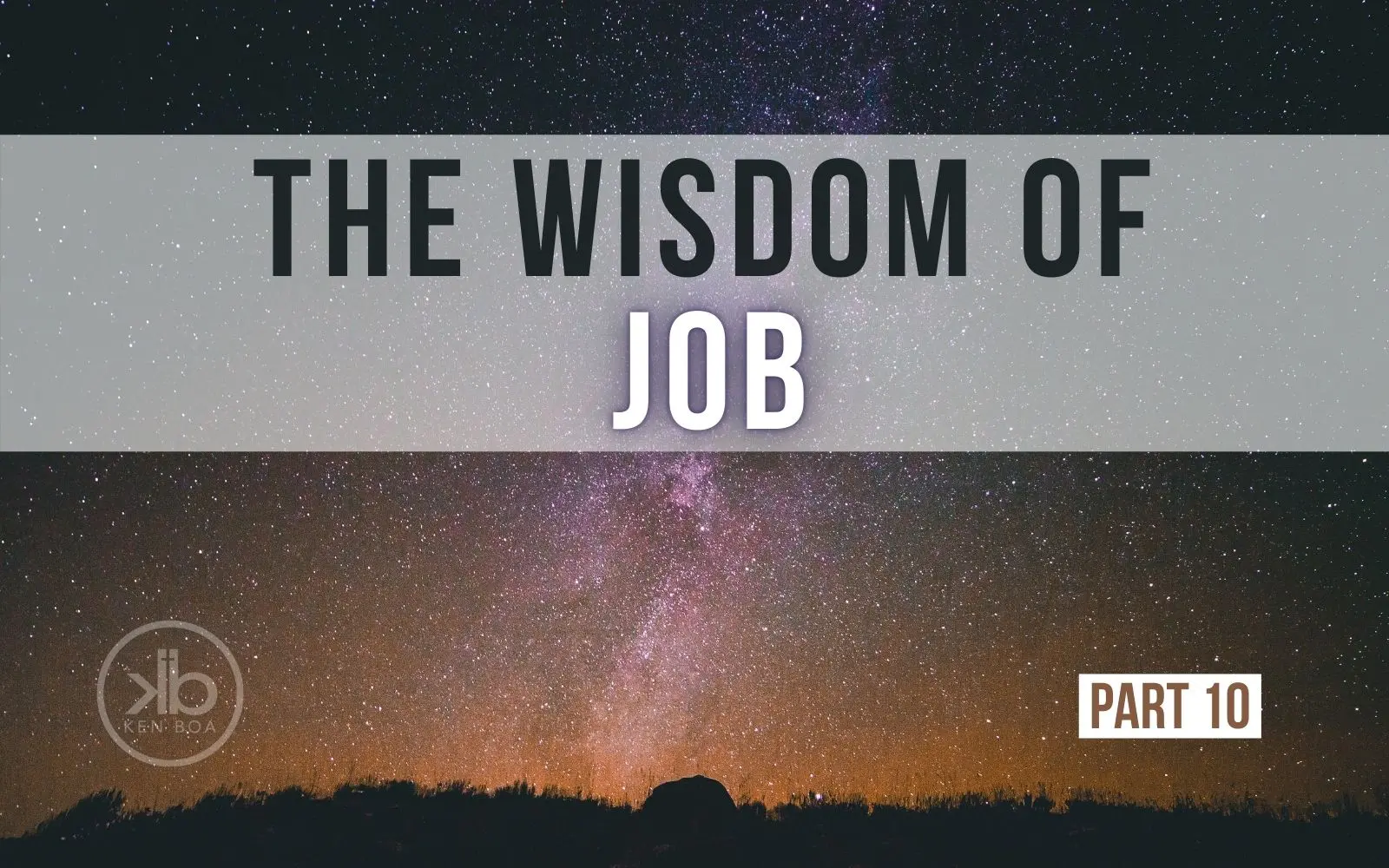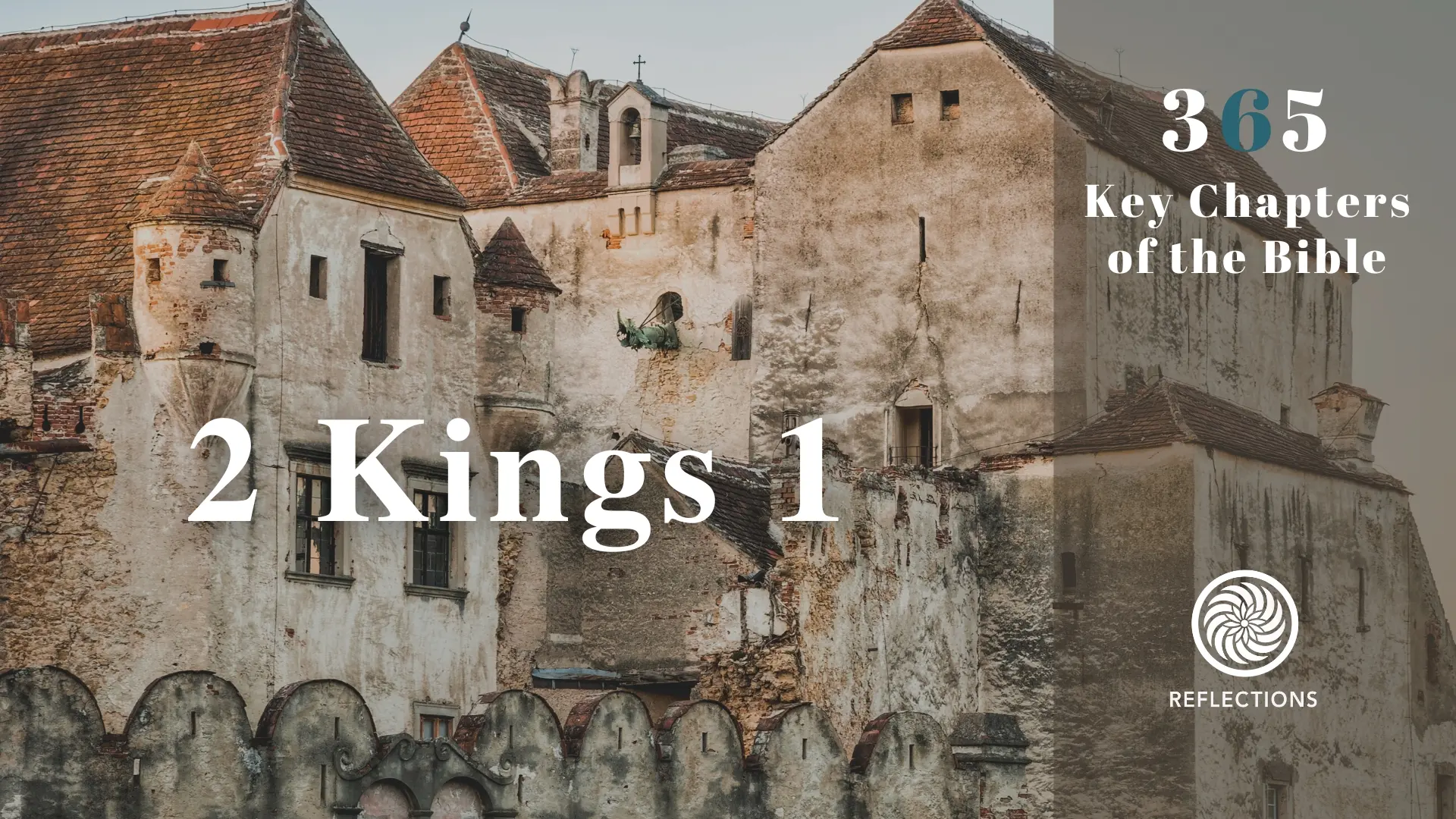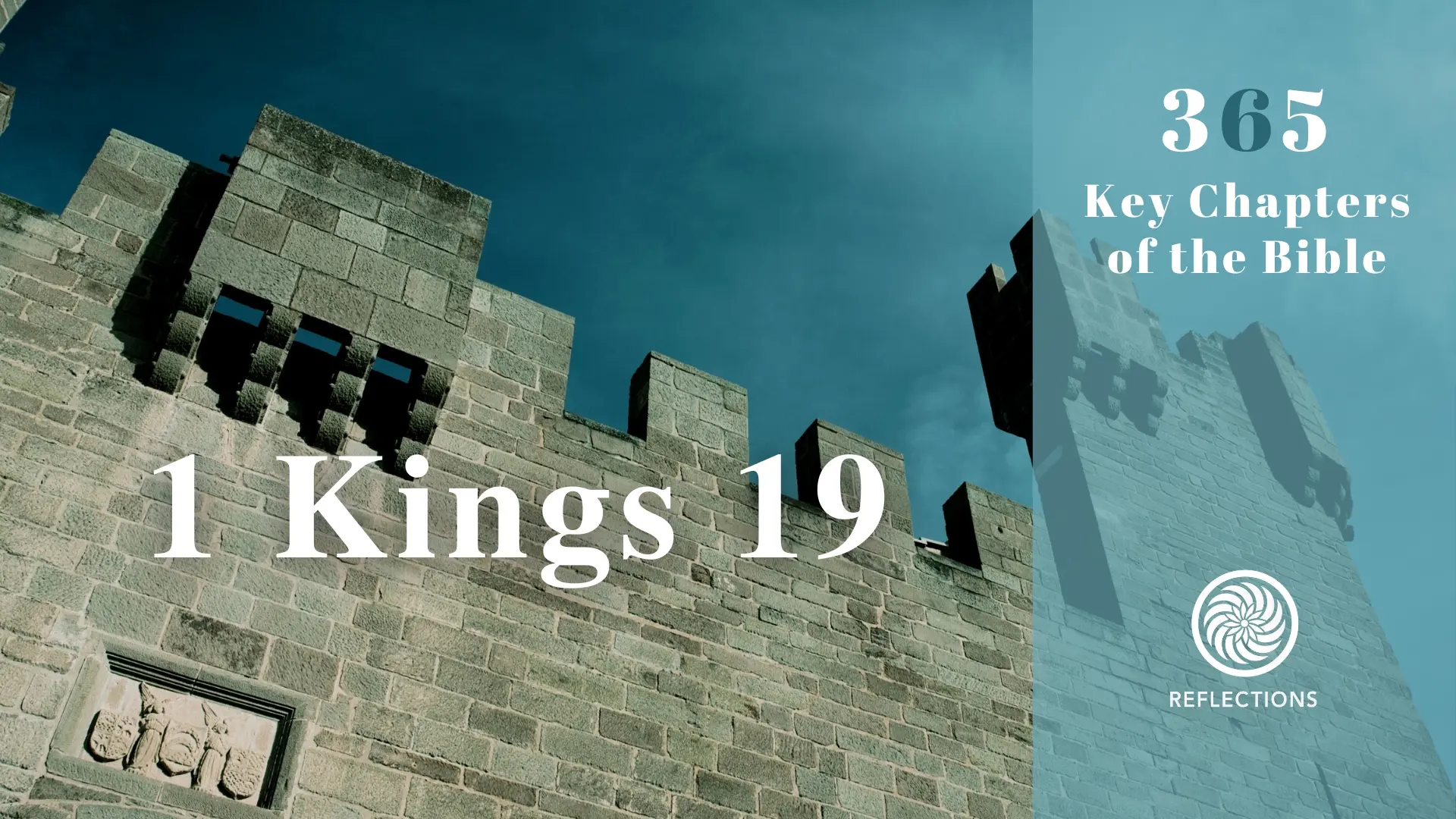Wisdom is skill in the art of living. As we gain more experiences, we should develop a better perspective. Proverbs 3:5–7 gives a good summary statement of wisdom: we are to trust God entirely, exclusively, and extensively. Trusting in God is key to cultivating a life of wisdom.
The more we trust God, the more likely we are to obey Him, even when we do not understand Him. God, after all, is sovereign, and He is always worthy of our worship. The book of Job teaches us this key principle, calling us to be transformed in the midst of suffering, becoming better instead of bitter. We will not understand God fully, but we can and should trust Him.
The Greatness of Our God
Job and his friends wrestle with the question of suffering. They do not understand why God would allow difficult things. Job’s friends are convinced that God only allows the wicked to suffer, but Job continues to protest his innocence. He becomes increasingly self-righteous as his friends accuse him, though he still wants answers from God.
At the end of the book, God ends the debate not with a proposition, but with His person. He asks Job a series of 77 questions that point to the natural wonders of the world that Job cannot understand. As He does so, it is clear that God alone has that understanding. He is of inconceivable magnitude and glory. Recognizing this, Job repents in dust and ashes (see Job 42:1–6).
The first nine parts of this series were recorded for the Sunday morning study. The video recordings for the whole series can be found here.
Our previous series on Ephesians, which we completed last week, is now available online.



